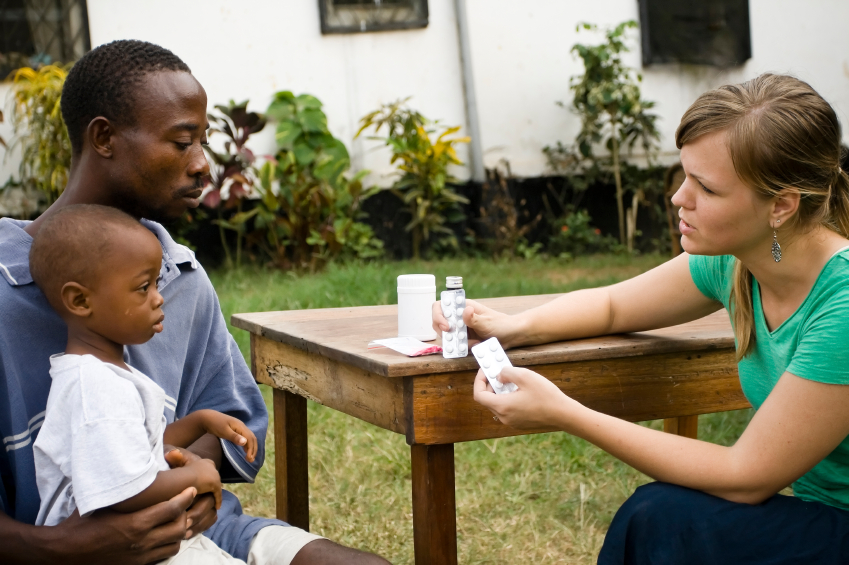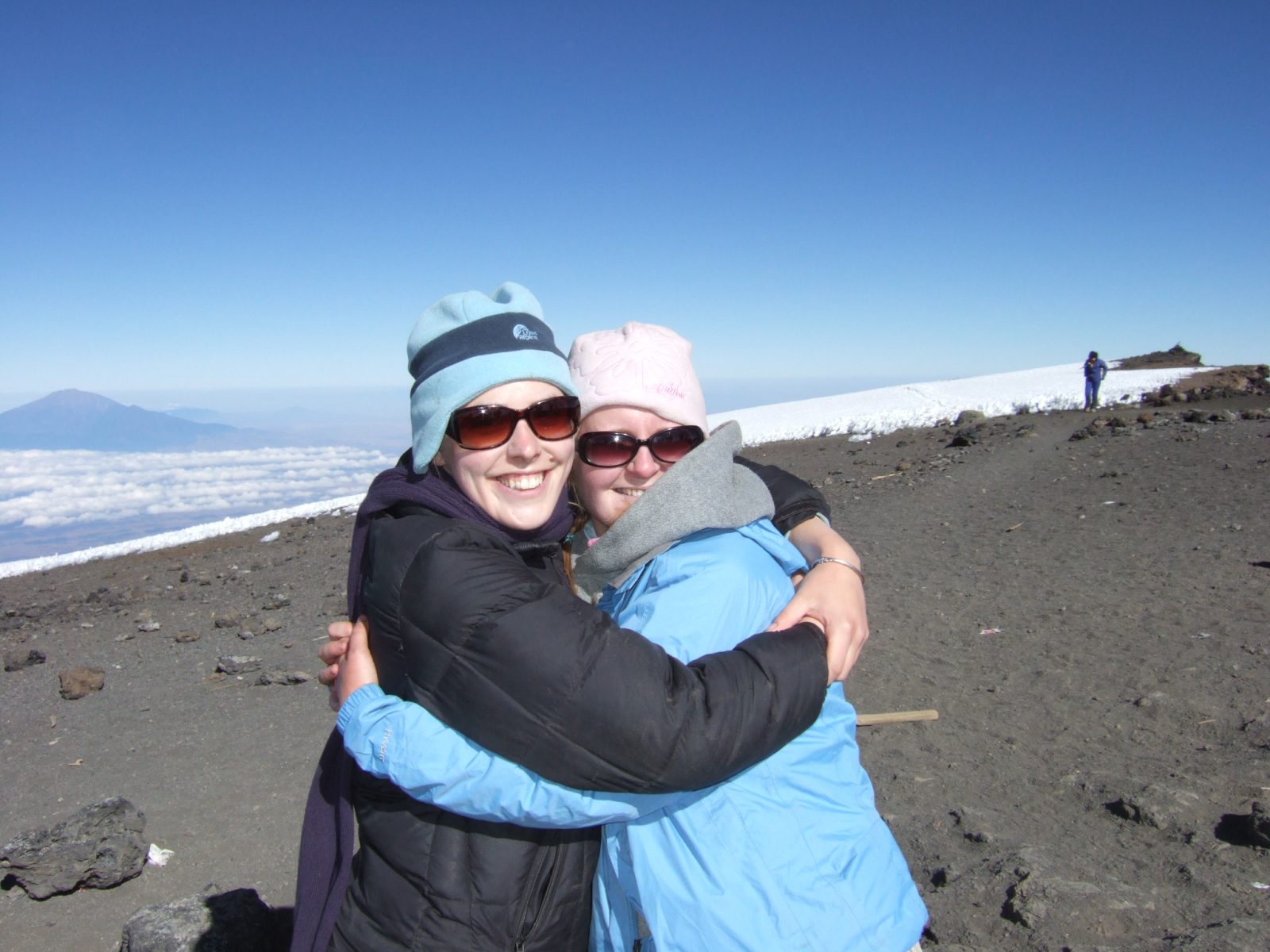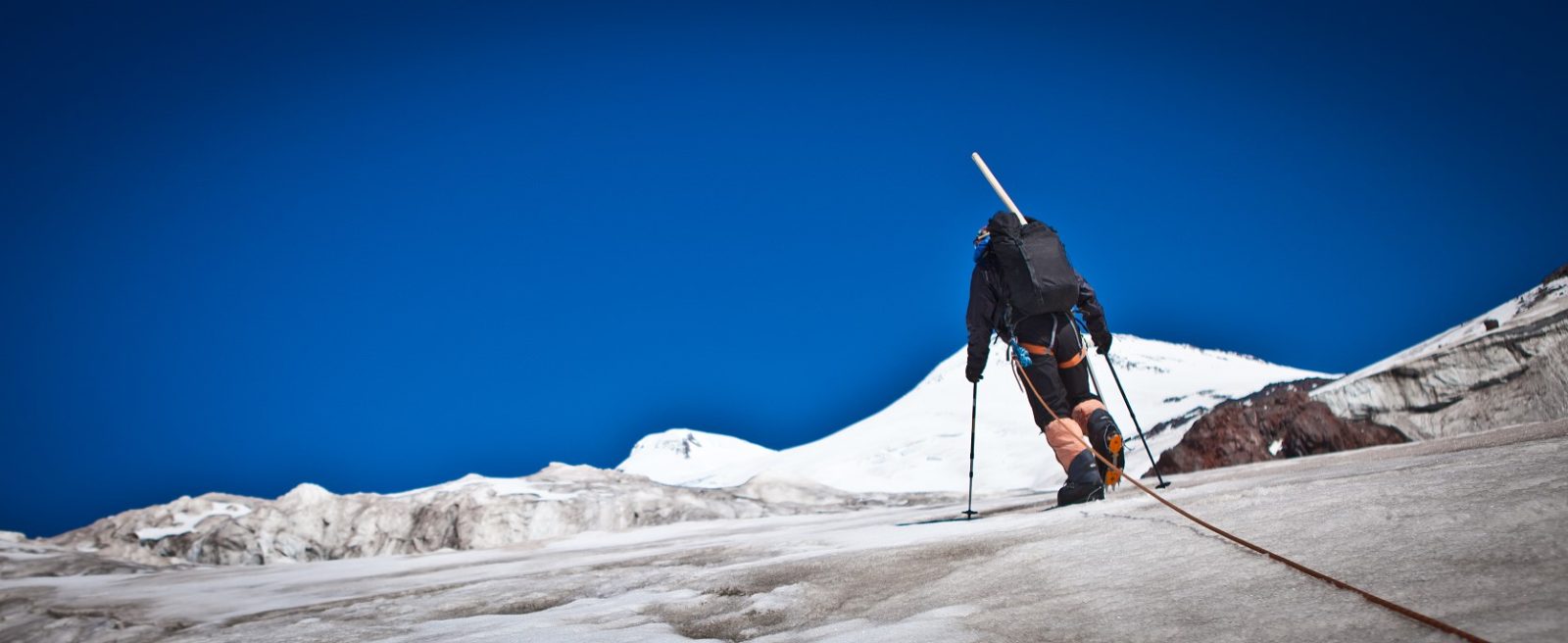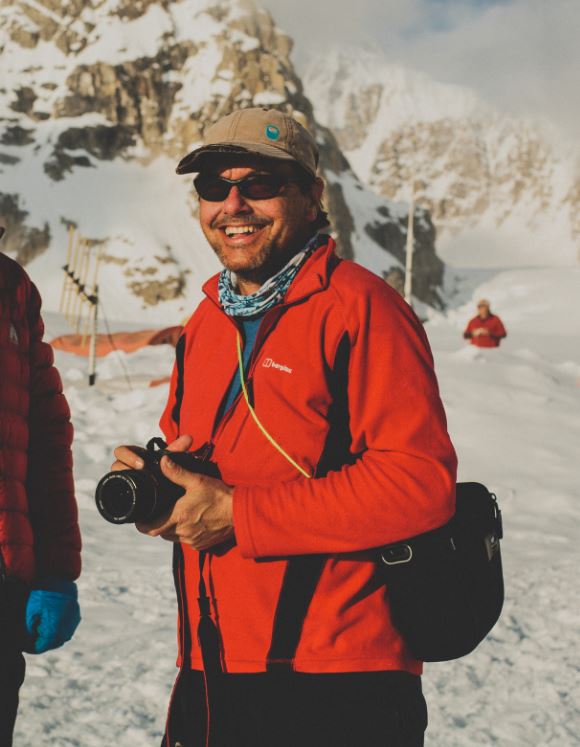
How Ethical is Medical Elective Voluntourism?
A recent article in the Student BMJ magazine about the ethics of voluntourism for medical elective students was written by someone who had obviously had a fairly negative experience.
A recent article in the Student BMJ magazine about the ethics of voluntourism for medical elective students was written by someone who had obviously had a fairly negative experience. He contacted us for our answers to the questions below:
Is the recent increase in popularity of ‘voluntourism’ generally a positive or negative thing?
I don’t think it’s recent at all, it has been popular for thirty years. The issue that is more ‘popular’ is the debate over the ethics of voluntourism, and this is definitely a positive thing. Consumers are more aware, more savvy and more choosy these days. The media is more informed and more combative. The beneficiaries are more connected and more challenging. All of this is positive. In the general world of development, public perceptions are very much out of date and voluntourism needs to be more in tune with progressive development aims and processes. Certainly at the very least, the sustainable development goals.
What are the common ethical problems of voluntary placements (particularly in the context of medical student projects but also more generally)?
The ethical problems are always around unmet and disjointed expectations, exploitative actions, financial chicanery, lack of equitable relationships, inequality and inappropriate placements. Specifically for medical students the ethical problem is around a student coming from a developed country to experience certain medical scenarios and conditions in developing countries for what is essentially personal gain, but not using that experience to benefit the people or institution being visited.
Would you recommend overseas volunteering to medical students? Why?
Absolutely yes, it’s a valuable learning curve and can only be beneficial in the broader context of medical students gaining optimum experience for the good of all. Experiences on overseas volunteering trips can and do contribute to long term sustainable developmental aims, and they do encourage medical students to consider their vocation in a different light. In some cases it can determine a different career path. However all this is conditional on the values and ethics of the organisation to ensure equitable relationships and properly met expectations and agreed benefits. The medical student should know what questions to ask from a provider and make informed choices.
How can students wanting to volunteer overseas ensure their work is of benefit to the community they visit?
Simply by asking the right questions and seeing the evidence. Charities in particular should provide impact assessments for their work, and be able to prove the efficacy of the money that they spend on behalf of donors. Audit procedures for charities are available, and should be similar to corporate procedures, except that instead of analysing financial return, there should be evidence of positive social impact, positive economic impact and, in the case of health institutions, evidence that the volunteer overseas work is contributing to identifiable and measurable aims which are part of a long term vision.
How does Moving Mountains and Adventure Alternative ensure that its medical electives and projects are ethical and responsible?
Primarily because the charity operates quite an advanced system of data collection, impact assessment and long term fact finding procedures. It invests in social capital over decades and takes a long term developmental view which is holistic. It also has the experience and qualification to justify the work it funds and it has a strict set of policies in place to ensure good governance. It’s key words are equitable and empowered relationships. It has local Moving Mountain NGOs which work with the UK Trust to ensure that these aims are met.
Would you like to give any other thoughts on ‘ethical voluntourism’ and the debate surrounding it?
Voluntourism is not a simplistic subject to be easily criticised. It can be done very well if the attitude behind the organisation is a good one. A lot of people point to the exploitative nature of how money is made by commercially driven companies to take advantage of well-meaning people looking to ‘do good’ and this is why we started the movement Fair Trade Volunteering as a way of advising organisations how they might ensure that the money is properly spent and shared.
Full article in the Student BMJ (subscription only) is here – “How the “voluntourism” industry affects local communities and how you can have an ethical experience that benefits not only you but your host country too”. The main page on medical electives is also very useful.
Related Articles

How can I Climb Kilimanjaro for Charity?
We often get asked, ‘how do I climb Mount Kilimanjaro for Charity?’ and the answer is easy, call us to have an initial talk about...

Common mistakes people make on mountains
Common mistakes people make when climbing a mountain include.. Not cutting your toenails. Walking downhill or front pointing with long...

Climate Change Makes Mountaineering Riskier
The effects of climate change are seen everywhere, but the world’s mountain ranges in particular have changed dramatically over the last 50...

Global Health Insurance Card or European Health Insurance Card; GHIC or EHIC?
GHIC is a UK Global Health Insurance Card (GHIC) that gives you the right to access state-provided healthcare during a temporary stay in the...
